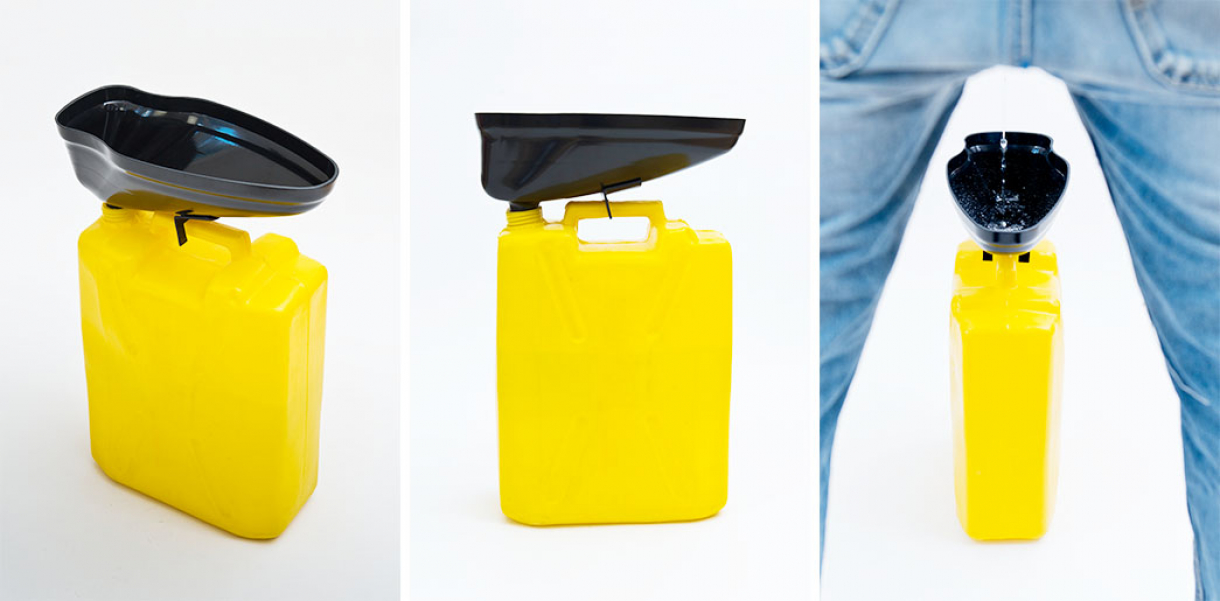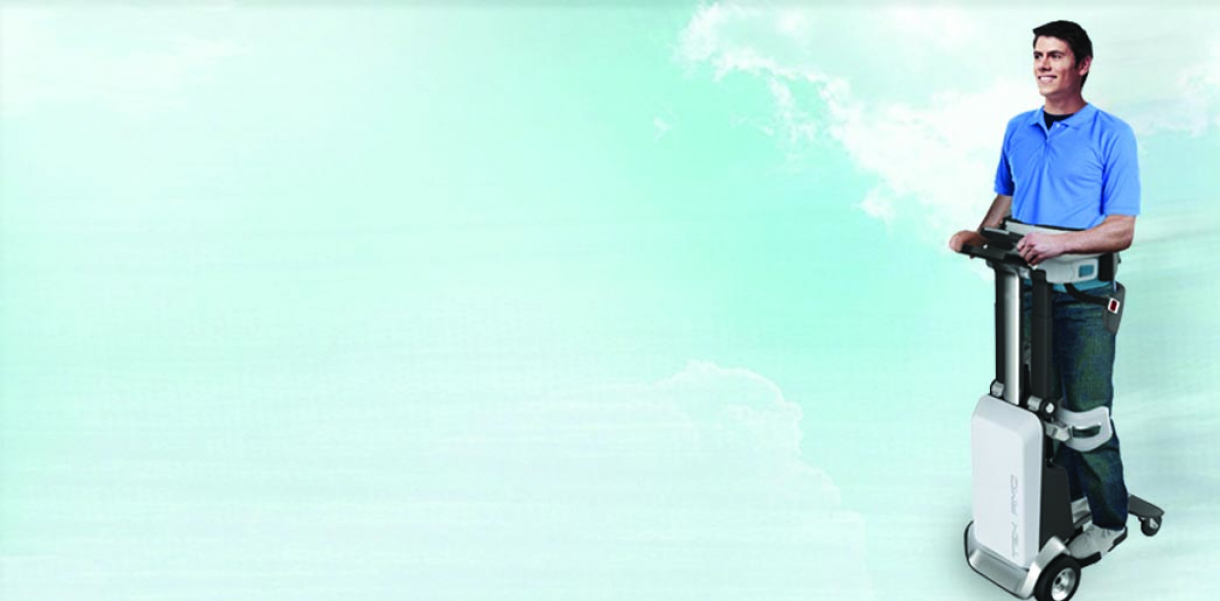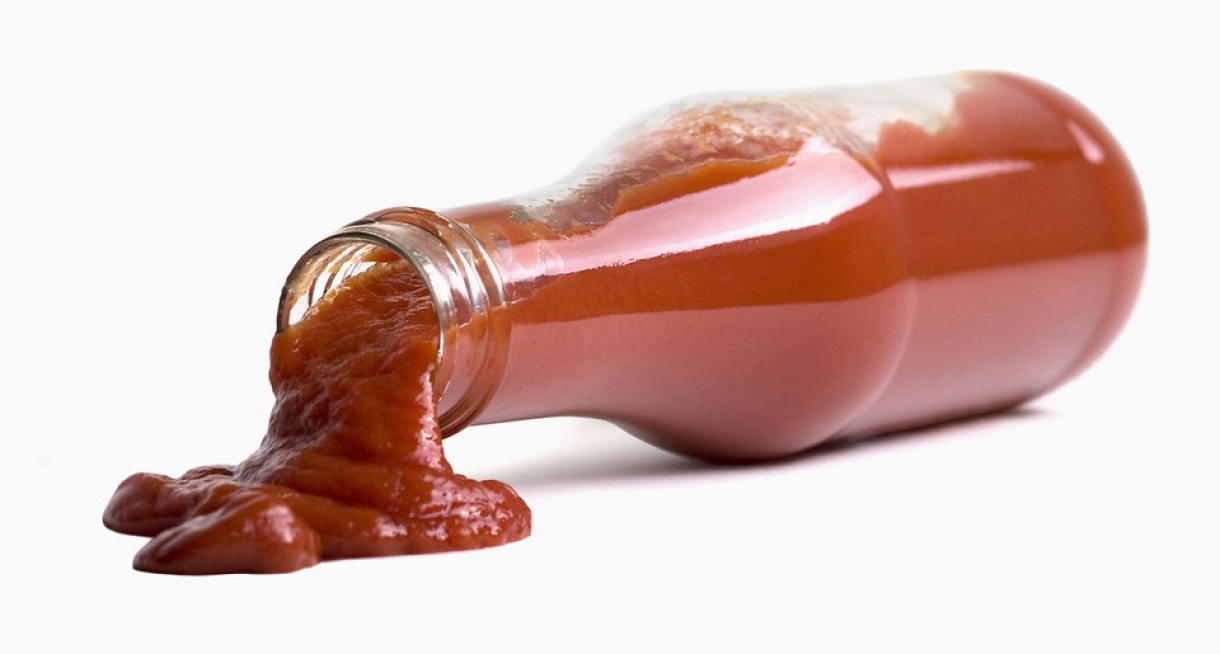One of the most significant sources of disease in slum areas is the lack of sufficient sanitation solutions. Norwegian organization Design without Borders has come up with an enterprising solution: an affordable Unisex Urinal that incentivizes good sanitary habits by allowing its users to capitalize on the urine to be sold as an organic fertilizer for profit. Sound strange? Read on.
Imagine sharing a toilet with 1000 others. Imagine risking being raped or harmed on your way to the toilet. Imagine drinking water that is contaminated with urine and faeces. Imagine the stomach-churning smell of open sewers wafting through your window. For millions of slum-dwellers these horrors are a daily reality.
Worse still, one of the biggest culprits of disease and death in slums is the lack of sanitary toilets. In a world where the Japanese are producing state of the art toilets that do everything from warm the toilet seat, scent the air, cover the noise with the sound of birds chirping, and delicately wash your behind, it is abominable that there are people without access to toilets. In fact, more people have access to a mobile phone, than have access to a toilet – evidently, we need to refocus on sanitation shortcomings.
Appalled by the statistics, and the state of affairs in Uganda, Design without Borders (DwB) teamed-up with Sustainable Sanitation Design to undertake a 16-month long participatory design process, whereby the community had a hand in designing the ideal toilet. The key to addressing the gross sanitation issues was approaching it in a holistic way: creating a value-chain around the waste product, urine.
In partnership with a local plastics provider, Crestanks, DwB designed an adaptable funnel that connects to locally available jerrycans, creating an inventive urinal called The Ecological Urinal. At only $3 it is a steal, making it widely affordable to all slum dwellers, and this unisex urinal provides clean, accessible, and safe access to toilets inside homes. It has been built to prevent odour, and requires minimal maintenance.
But the improvement doesn’t stop there. The Ecological Urinal allows slum dwellers to capitalize on their waste, because the urinal refines the urine into high quality fertilizer that they can sell. Currently the Ecological Urinal is being trialed among women in Nairobi with great success, and DwB anticipate that the Ecological Urinal will become a widespread in slums.
Poor sanitation kills more than warfare. Fact. It’s time we do something about it. Ecological Urinal is accessible, affordable AND profitable.






